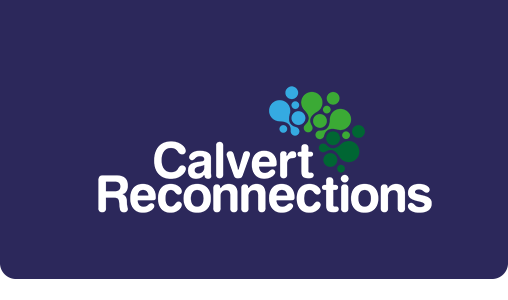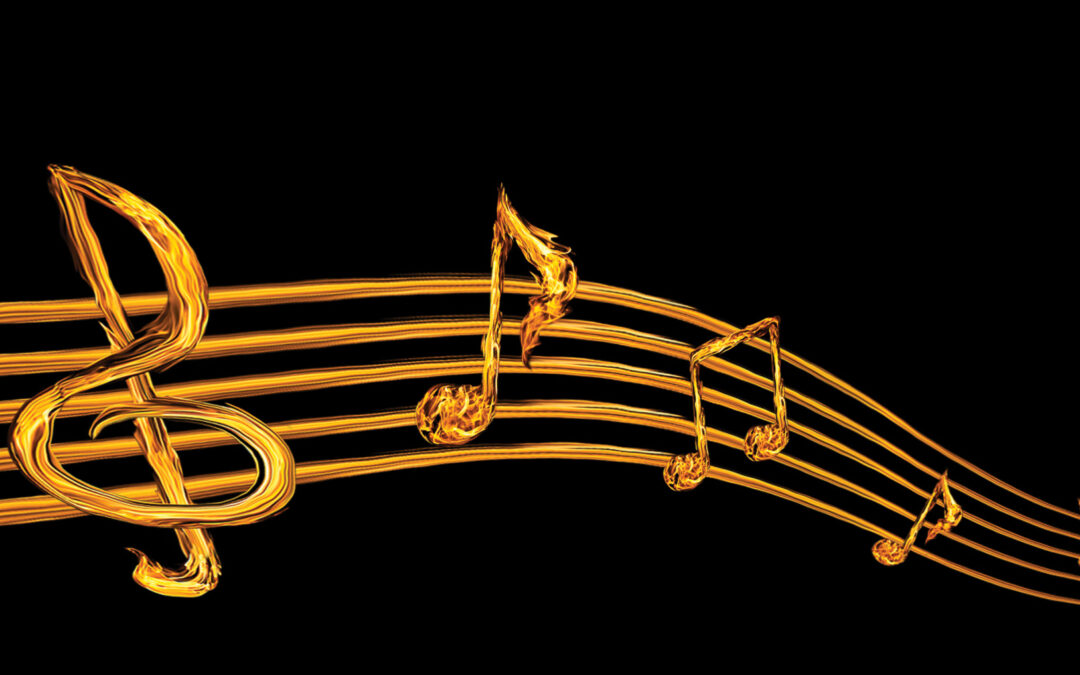Calvert Reconnections welcomes a new trial by University College London (UCL) and University College London Hospitals (UCLH) to explore whether music therapy helps patients recover from brain injury.
The trial will involve patients recovering in hospital following conditions such as stroke and aphasia.
There is already some evidence that music therapy can be beneficial for these groups of patients, and improve memory and mood.
However, the trial is the first time the therapy will be tested in a randomised control trial involving patients with severe brain injury who are undergoing a specialist rehabilitation programme.
The therapy will be an intensive programme lasting three to four months and will involve inpatients who have already been referred for rehab at UCLH. It will form part of the patients’ rehabilitation in the hospital ward.
The team will look at a variety of measures before, during and after the therapy, including independence in daily activities, mobility, communication with loved ones, mood, and other measures of wellbeing.
In music therapy sessions, patients will be invited to actively participate in the music making and could get involved in playing instruments, singing familiar songs, making up music from scratch, or a combination.
The trial is being delivered following a successful feasibility study in 2019. In that study, 100% of patients who had the therapy strongly agreed that it can be helpful. For example, patients felt that the therapy improved their self-esteem, social interaction and anxiety (92%), cognitive skills (88%), and communications skills and speech (84%). Meanwhile, 76% felt the therapy had an impact beyond sessions.

